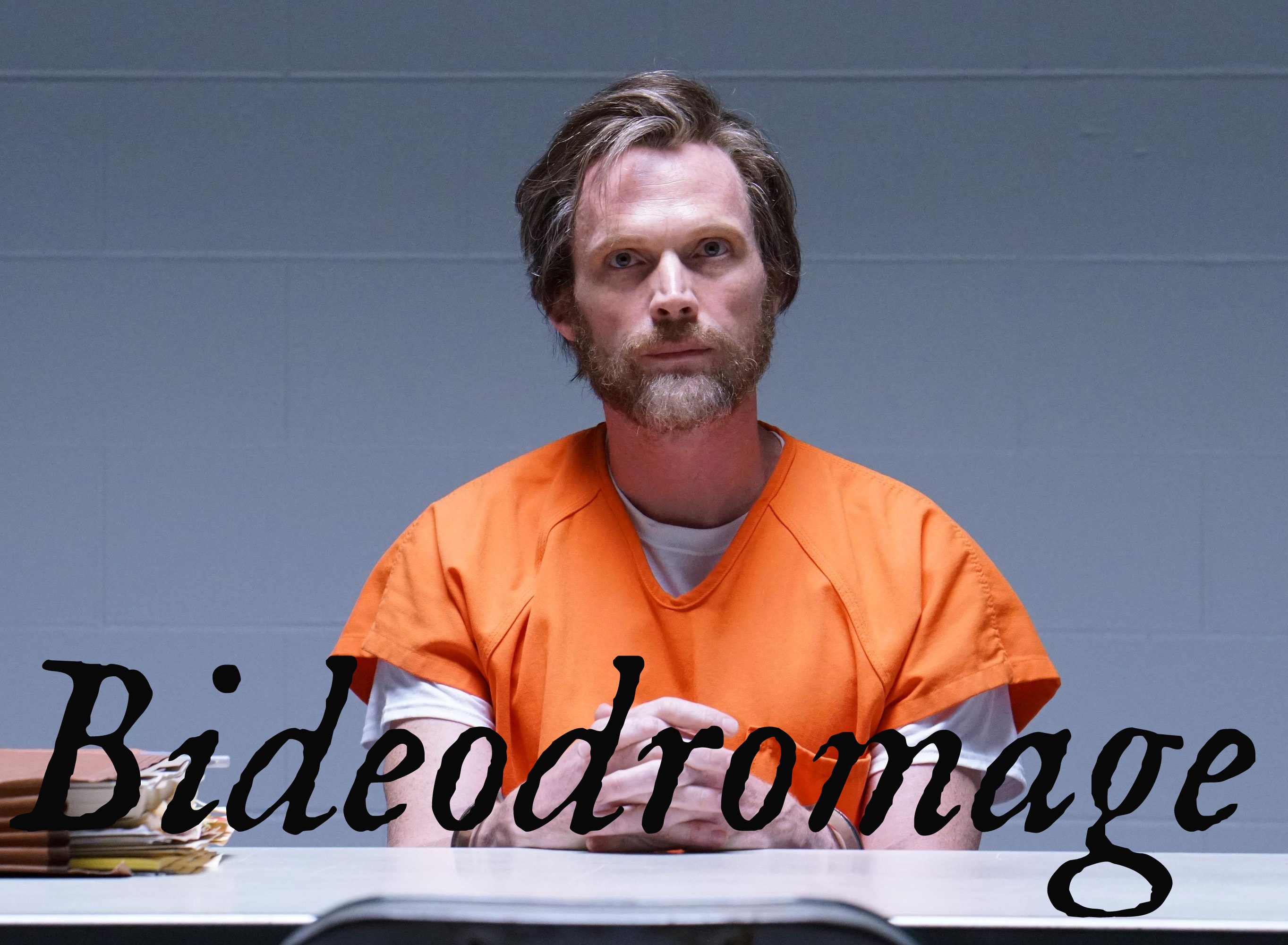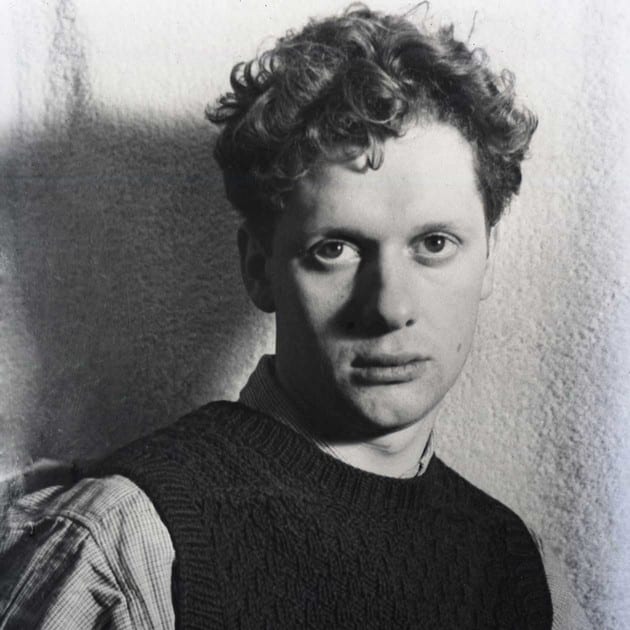You have to be always drunk. That’s all there is to it—it’s the only way. So as not to feel the horrible burden of time that breaks your back and bends you to the earth, you have to be continually drunk.
But on what? Wine, poetry or virtue, as you wish. But be drunk.
And if sometimes, on the steps of a palace or the green grass of a ditch, in the mournful solitude of your room, you wake again, drunkenness already diminishing or gone, ask the wind, the wave, the star, the bird, the clock, everything that is flying, everything that is groaning, everything that is rolling, everything that is singing, everything that is speaking. . .ask what time it is and wind, wave, star, bird, clock will answer you: “It is time to be drunk! So as not to be the martyred slaves of time, be drunk, be continually drunk! On wine, on poetry or on virtue as you wish.”
Translated by Louis Simpson.
Often our sailors, for an hour of fun,
Catch albatrosses on the after breeze
Through which these trail the ship from sun to sun
As it skims down the deep and briny seas.
Scarce have these birds been set upon the poop,
Than, awkward now, they, the sky’s emperors,
Piteous and shamed, let their great white wings droop
Beside them like a pair of idle oars.
These wingèd voyagers, how gauche their gait!
Once noble, now how ludicrous to view!
One sailor bums them with his pipe, his mate
Limps, mimicking these cripples who once flew.
Poets are like these lords of sky and cloud,
Who ride the storm and mock the bow’s taut strings,
Exiled on earth amid a jeering crowd,
Prisoned and palsied by their giant wings.
Jacques LeClercq, trans.
{A poète maudit (French pronunciation: [pɔɛt modi], “accursed poet”) is a poet living a life outside or against society. Abuse of drugs and alcohol, insanity, crime, violence, and in general any societal sin, often resulting in an early death, are typical elements of the biography of a poète maudit.}
{While Baudelaire characterized the flâneur as a “gentleman stroller of city streets”, he saw the flâneur as having a key role in understanding, participating in, and portraying the city. A flâneur thus played a double role in city life and in theory, that is, while remaining a detached observer. This stance, simultaneously part of and apart from, combines sociological, anthropological, literary, and historical notions of the relationship between the individual and the greater populace.
The observer–participant dialectic is evidenced in part by the dandy culture. Highly self-aware, and to a certain degree flamboyant and theatrical, dandies of the mid-nineteenth century created scenes through self-consciously outrageous acts like walking turtles on leashes down the streets of Paris. Such acts exemplify a flâneur’s active participation in and fascination with street life while displaying a critical attitude towards the uniformity, speed, and anonymity of modern life in The City.}
“I had intended, at first, to answer numerous other criticisms and at the same time to explain a few quite simple questions that have been totally obscured by modern enlightenment: What is poetry? What is its aim? On the distinction between the Good and the Beautiful; on the Beauty in Evil; that rhythm and rhyme answer the immortal need in man for monotony, symmetry, and surprise; on adapting style to subject; on the vanity and danger of inspiration, etc., etc.; but this morning I was so rash as to read some of the public newspapers; suddenly an indolence of the weight of twenty atmospheres fell upon me, and I was stopped, faced by the appalling uselessness of explaining anything whatever to anyone. Those who know can divine me, and for those who can not or will not understand, it would be fruitless to pile up explanations.
My publisher insists that it might be of some use, to me and to him, to explain why and how I have written this book, what were my means and aim, my plan and method. Such a critical task might well have the luck to interest those minds that love profound rhetoric. For those I shall perhaps write it later on and have it printed in ten copies. But, on second thought, doesn’t it seem obvious that this would be a quite superfluous undertaking for everyone concerned since those are the minds that already know or guess and the rest will never understand? I have too much fear of being ridiculous to wish to breathe into the mass of humanity the understanding of an art object; in doing so, I should fear to resemble those Utopians who by decree wish to make all Frenchmen rich and virtuous at a single stroke. And moreover, my best, my supreme reason is that it annoys and bores me.”
from 3 Drafts of a Preface to Flowers of Evil, Roy Campbell, trans.




















